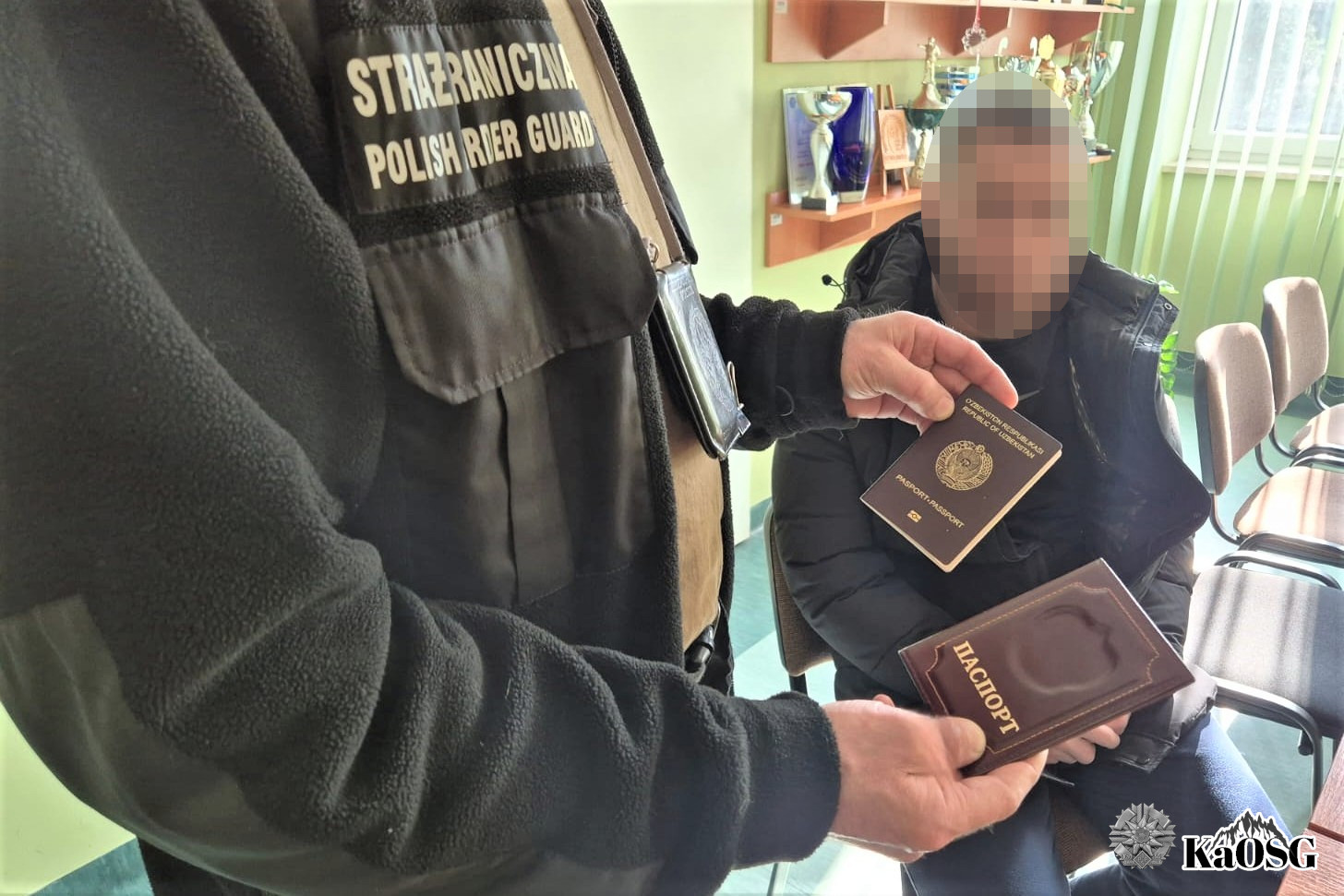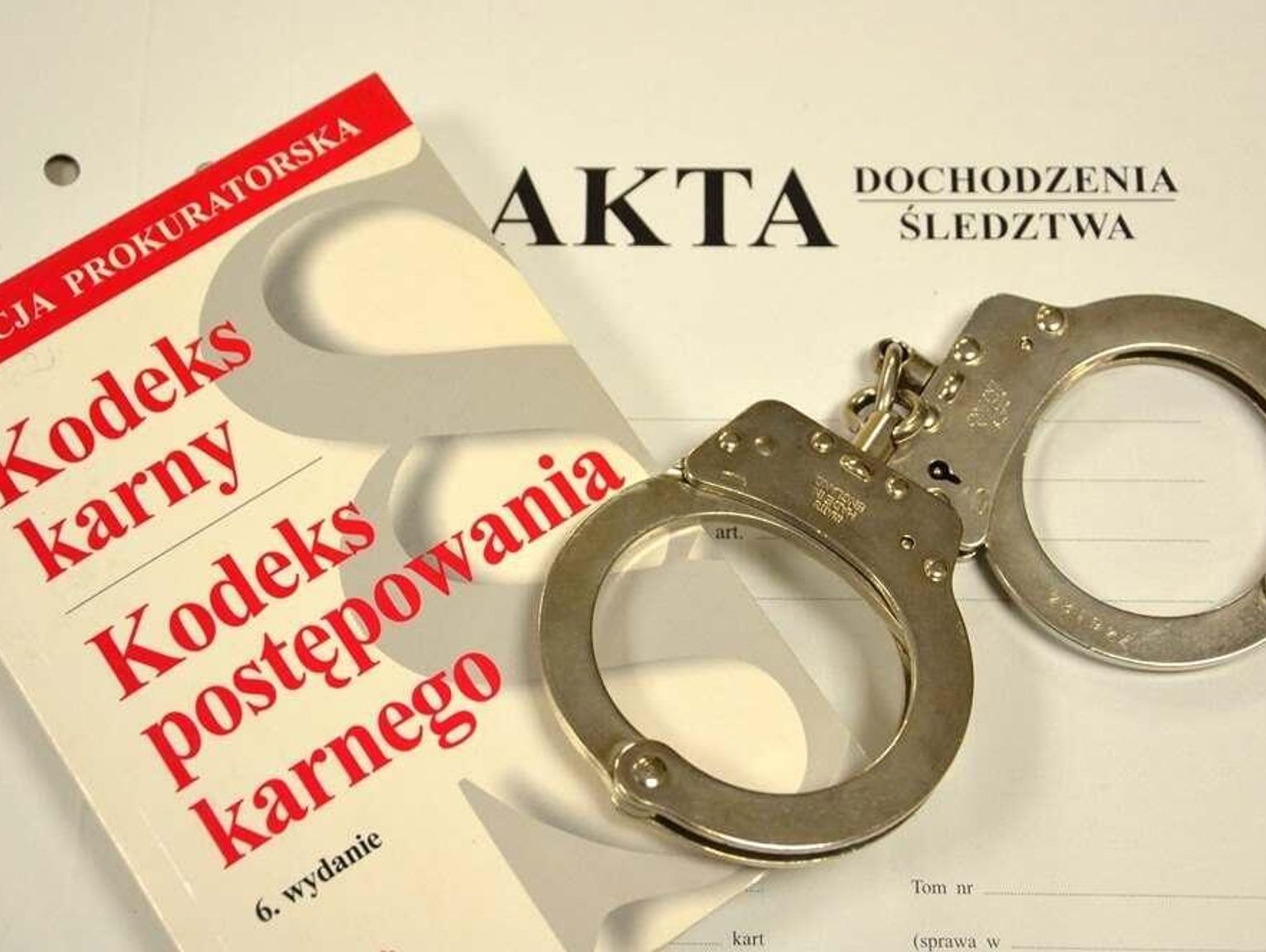
A distinctive yellow or orange print inserted behind the car wiper is simply a sight that can spoil the temper after even the most successful shopping. Call for payment ‘additional charge’ tallness 95 PLN, 150 PLN and sometimes even 250 PLN For deficiency of a parking ticket under the supermarket, it became a real scourge and a symbol of what many customers call self-contained private parking operators. Many people, fearing the consequences, in haste pay the call, treating it as an indisputable mandate. It's a fundamental mistake. It turns out that in many situations You have all right not to pay. This punishment and the operator's enforcement is at least debatable. The key to defending your rights is to realize what is truly the "additional charge" and what legal instruments are available to an informed consumer.
‘Additional charge’ is not a mandate. Key legal difference
It's the most crucial information to start with. The call for payment you find behind the mat, is not a criminal fine within the meaning of public law. The word of office may only be issued by a qualified authoritative of state or local services (Police, Municipal Guard) for violation of the Traffic Law.
‘Additional charge’ in the parking lot under Lidlem, Ladybug, Kaufland Or another commercial network is something else. This is simply a contractual punishment resulting from Private Rules of Procedure The parking garage manager. By entering the parking lot, by the specified fact of parking, you include with its operator civil law agreement. It is your work to collect the ticket and place it in a visible place, and it is the work of the operator to supply you with a parking space under the rules. Additional charge is simply a punishment for failing to comply with your part of this agreement. And precisely due to the fact that it is simply a civil-law relationship, it is subject to negotiation, cancellation and assessment of compliance with consumer law.
When do you have the right to refuse to pay? Analysis of the most common situations
There are a number of circumstances in which the imposition of a charge is unfounded or at least highly doubtful. It's your leverage to fight the operator.
- You were a store customer, but you forgot to take the ticket.
It's the most common case. The intent of the free parking lot is to service store customers. If you were shopping, and your only “mistake” was the deficiency of a ticket behind the window, you have very strong grounds to cancel the call. Evidence is simply a fiscal receipt or card confirmationwhich clearly indicate that you were a legitimate client at the time of the check. - Invalid or invisible parking marking.
In order for the agreement to be effectively concluded, its terms must be clearly and legibly presented. If parking rules is written in fine print, placed in a somewhat visible place, is illegible or destroyed, you have the right to argue that you have not been effectively informed of the rules. Under consumer law, you can't enforce contract terms you haven't had a real chance to get to know. - Parking metre malfunction.
You wanted to get a ticket, but the device didn't work (no paper, power failure)? In specified a situation, you cannot be blamed for deficiency of a ticket. However, it is crucial to have proof. Always take a image or make a short video with your phone, documenting the parking metre malfunction. This is almost a warrant of success in the appeal process. - There's no way to prove who was the driver.
The call shall be issued to the vehicle registration number, which shall be addressed to the owner. However, a contract with the operator is concluded driverNot the owner. If you weren't driving the car that day, you can argue that the operator is incapable to prove who he made the deal with and from whom he should enforce the fee. It is simply a clever but full legal line of defense.
How to effectively appeal the ‘additional charge’? Step-by-step procedure
If you feel that the call has been made wrongly, do not ignore it, but act methodically.
Step 1: Do not ignore the call.
No consequence is the worst strategy. The operator will sale your ‘long’ debt to the debt collection company, and after unsuccessful calls it can mention the case to e-court, which will make additional advanced costs.
Step 2: Collect solid evidence.
Depending on the situation, your proof will be: receipt from the shop, photograph of the damaged parking meter, photos of the illegible rules, witness statement.
Step 3: compose a formal appeal.
Please mention to the operator (the address can be found on the call or the rules of procedure) a letter of appeal. In writing:
- Give me your details, vehicle registration number and call number.
- Precisely and factually describe the situation and explain why you think the fee is unreasonable.
- Include scans or copies of all evidence collected.
- Request cancellation of the additional fee within the prescribed period (e.g. 14 days).
- Send the letter by email or registered letter to have proof of its transmission.
In most justified cases, especially those supported by a receipt, operators cancel the call due to the fact that they know that in a possible court dispute their chances are slim and the case generates bad PR for the supermarket where they operate.
The business model of many private parking operators is based on consumer inactivity and ignorance. These companies know very well that a crucial percent of people will pay a call without asking questions to avoid problems. It's pure profit. Any effective appeal is simply a failure to them.
Therefore, it is crucial to change attitudes from passive payer to an informed consumerWho knows his rights. Remember, supermarkets like Ladybug or LidlThey are very delicate about their image. Negative comments on the net and complaints about aggressive practices of parking companies work against them. Sometimes it is worth to add in the cancellation that a copy of the letter has been sent to the client service office of a given commercial network. This may importantly velocity up the affirmative consideration of our case. The end of self-involvement in parking lots begins in our head – with the cognition that calling for payment is the beginning of negotiations, not the final sentence.
More here:
No more self-abuse at the supermarket parking lot. You have the right not to pay “extra charge”












